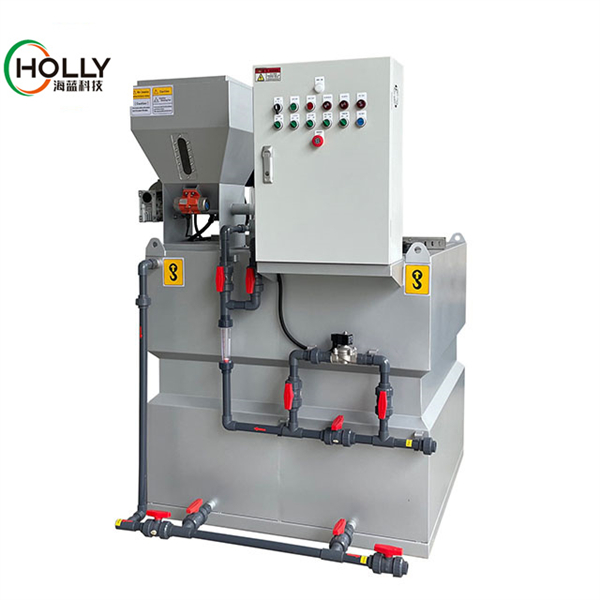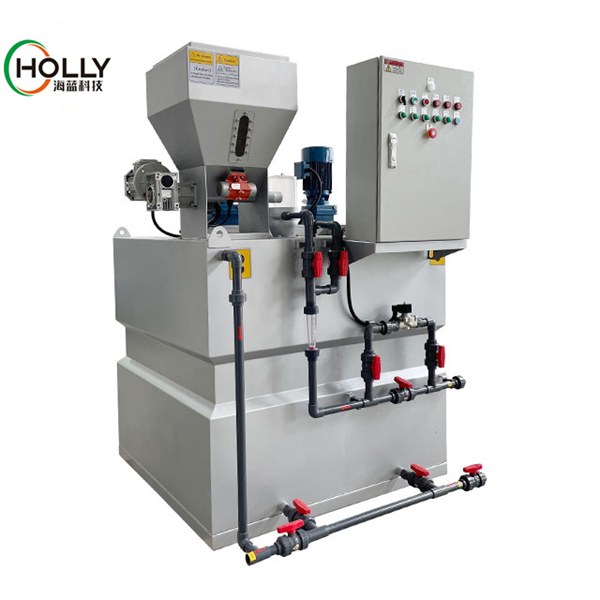The importance of soil salinity meter application from soil salt damage
When engaged in agricultural production, there are various production problems, and in general, the most significant impact on crop growth can be said to be soil problems. Healthy soil is the basic condition for ensuring the safety of crop growth and pursuing high yield. If there is a problem in the soil, not only the crop yield will not go up, but also a series of problems. Therefore, based on this point, in the development of modern agriculture, people pay more and more attention to soil protection and upgrading. At the same time, in order to improve the scientific nature of soil management, soil testing instruments such as soil salinity meters have also been applied to soil research and improvement guidance. Among them, and in the actual workers played an important role. The management of soil salinity is one of the contents of soil quality management. If the soil salt exceeds the standard, salt damage will occur and the crop growth will be harmed. The four major damages of soil salt damage to plants are mainly reflected in the following aspects: 1. Photosynthesis affecting crops Under salt stress, plants can not absorb enough water and mineral nutrients, resulting in malnutrition, resulting in low chlorophyll content and affecting photosynthesis. In addition, too much salt reduces the activity of the cyclase and the cyclase, the chloroplast tends to decompose, and the chlorophyll is destroyed. The biosynthesis of chlorophyll and carotenoids is blocked, and the stomatal closure causes the photosynthetic rate to decrease, which affects crop yield. 2, affecting the respiration of crops In general, the general trend of salt is too much respiratory consumption, low net photosynthetic productivity, is not conducive to plant growth. 3. Effects on plant cell membrane structure Salt stress directly affects membrane lipids and membrane proteins, which leads to increased lipid membrane permeability and membrane lipid peroxidation, thus affecting the normal physiological function of the membrane. 4, hinder the protein synthesis of crops. Excessive salt has a significant effect on protein metabolism, inhibiting synthesis to promote decomposition, and reducing protein content. In addition, too much soil salt will cause accumulation of toxins and increase in plant diseases and insect pests. It is precisely because of the salt damage in the soil that the impact on the growth of crops is so great, so it also highlights the importance of the application of scientific instruments such as soil salinity meters. It can be used to find problems in time and take effective measures to solve problems, which can promote soil health. Stable and provide security for efficient agricultural development.
Polymer Dosing System
Polymers preparation and dosing system, is an automatic continuous process, dedicated for the preparation of chemicals used in the water and wastewater treatment. It dissolve dry chemical/polymer powder or can be customized to dilute concentrated solutions.
Feature:
Polymer Dosing System,Chemical dosing system,Powder dosing system,Chlorine Dosing System ,PAM Polymer Preparation unit YIXING HOLLY TECHNOLOGY CO.,LTD. , https://www.watertreatment-machine.com


1, Dosing, dissolving and feeding function are integrated, full automatic operation. Well designed dosing and heating device can reduce polymer caking;
2, Polymer and water inletting are adjustable, All concentration of the liquid can be reached according to your needs. The machine will remind to add polymer when the polymer reaches low level;
3, Optional: Vacuum feeding machine, Online dilution system; Tank material: SS304 or SS316L, Polypropylene, FRP, etc.